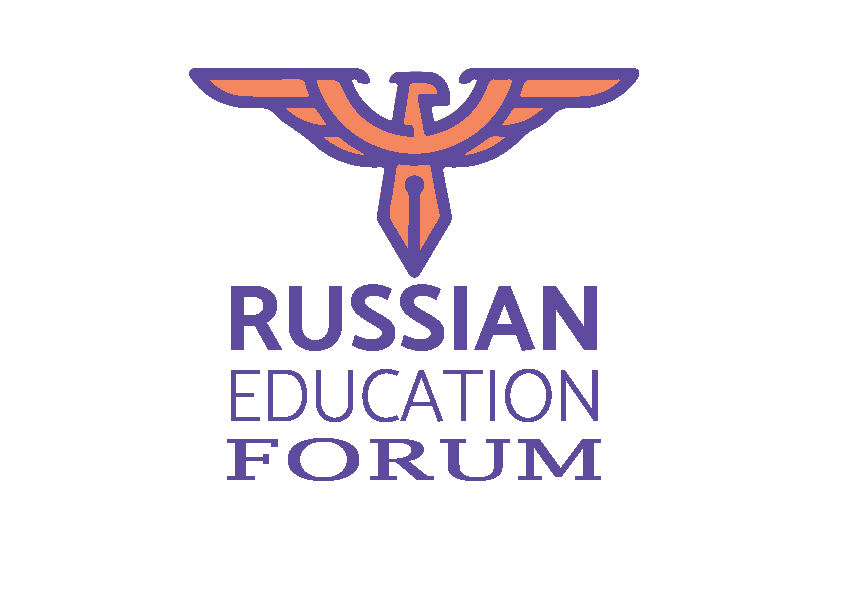The American education system takes one of the leading positions in the world. Talented students from all over the world are seeking scholarships and enrollment in an American university or college. And there is an explanation for this! The right to choose subjects, a wide range of specializations, equality of students, an unforgettable and incomparable sense of community belonging. Moreover, students are attracted by the prospects of further employment, high salaries, and the opportunity to stay in the United States.
The American education system begins from the earliest years of any child living in the United States of America. After kids turn 6 months old, each family can send them to a nursery, child care center, or day school. After that, children usually go to preparatory groups at schools, where they, first of all, socialize, learn how to read, develop comprehensively, draw, dance, and much more.
Differences between the Russian education system and US one begin at school! The entire period of schooling is conventionally divided into three stages: elementary school (1−5 grades), middle school (6−8 grades), high school (9−12 grades), and also sometimes people take the 13th year of school — advanced placement. Teachers try to maximize the talents of each student, focus on teaching, depending on the abilities of the students. From the 8th grade, students receive the freedom to choose the subjects they want to learn. The minimum school requirements for a diploma include mathematics courses — 2 years, social sciences — 3 years, natural sciences — 2 years, English — 4 years. The 13th year of study is optional, students take it if they want to study the subjects in which they will specialize at the university deeper. Also, taking an advanced placement year provides some benefits for admission.

The next part of US education is suggested to be the most significant and full of great memories. Regarding higher education institutions, the main difference that misleads many is that the difference between colleges and universities is not the same as in Russia. The main difference between colleges and universities is that the second ones have masters, doctoral studies, and large-scale research programs, while in colleges students can usually get only bachelor’s degrees. There are a lot of private colleges and those that can almost match the Ivy League. Universities and colleges can be both private or state. The majority of students prefer to study at private ones, because classes are smaller, and it is much easier to communicate with professors, ask questions, and go deeper into the subject.
I can say that US education is considered one of the best in the world for a reason. From my experience, the quality of it is great, students get a lot of practice and they are always eager to get new knowledge because they choose classes themselves. Nevertheless, in the USA the prices for studying are incredibly high, living in a dorm and eating at the cafeteria ($ 2,633 per semester) are so expensive! For instance, I was living in ITMO’s dormitory on Belorusskaya 6 and I was paying about 1,800 rubles per month. Now I live in a dorm at North Central College, USA and my program pays $ 4,500 (around 340,000 rubles) per semester. Books are also expensive. My college warns that all full-time undergraduate students should plan for book expenses of approximately $ 1,200/year. Because of all these factors (I don’t even compare the cost of studying), some students have to get a loan to get an opportunity to study.
Personally, I like studying in the USA, but I also like studying at ITMO, Russia. When communicating with American students, I notice many differences, not only in the level of our knowledge but also in our attitude to study. In my opinion, the Russian educational system gives a more complete understanding of the world around us (most of the students in my college do not know geography at all, they can’t tell where is India or Japan located), mathematics, which is taught in the first years of study in college is the same that we learn in high school. Probably, in very prestigious universities it doesn’t work like that, but I tell from my own experience. It’s not good or bad, it’s just that we’re different, and that’s great!
Alina Zashkola, Bachelor’s student of ITMO, Russia











